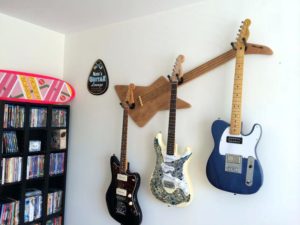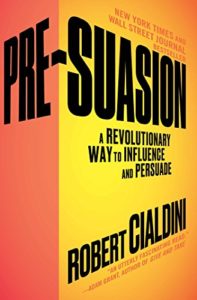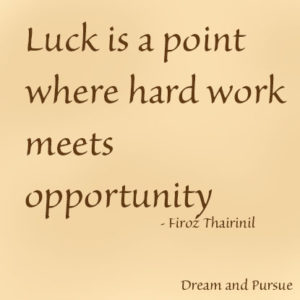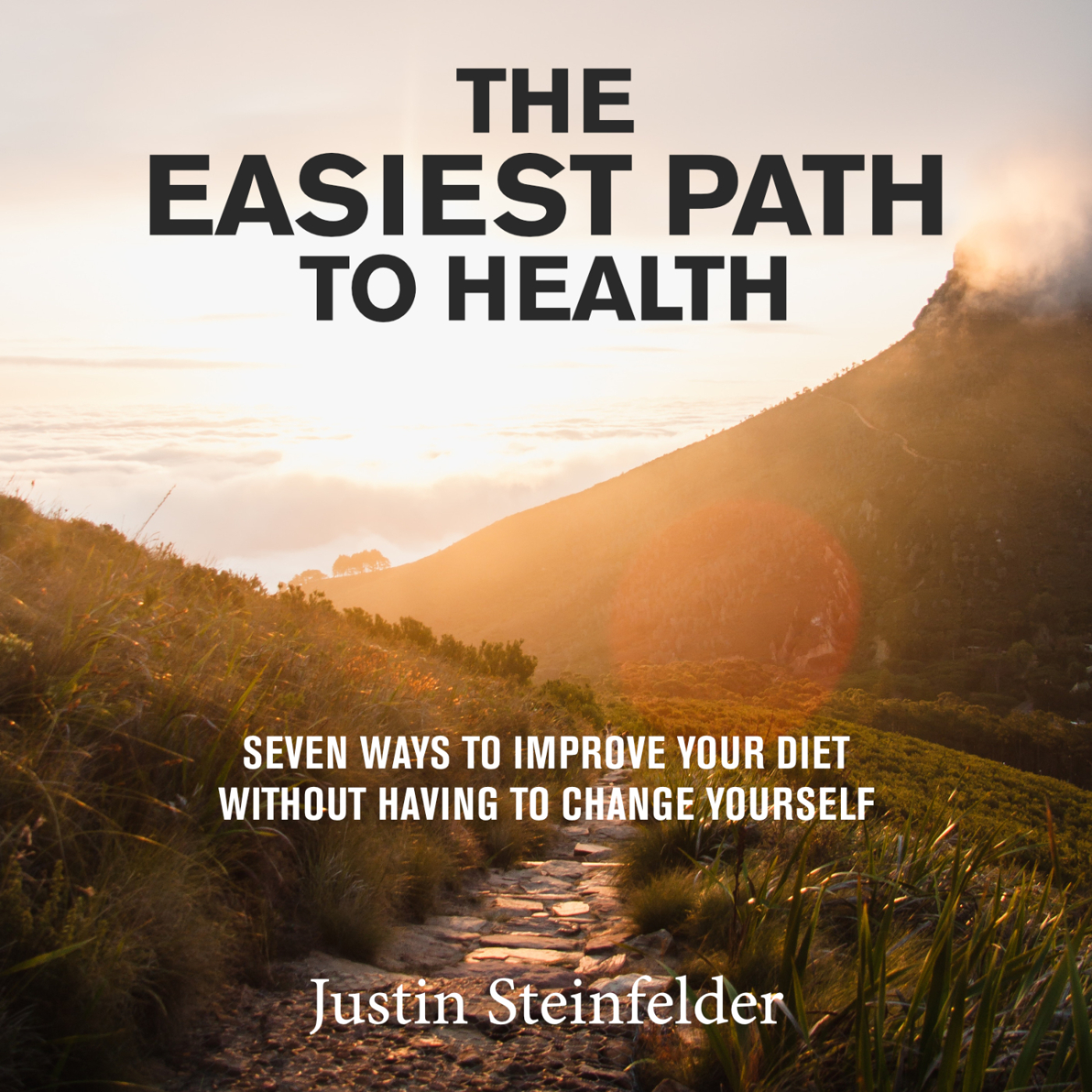“When it comes to changing [our] behavior, environmental tweaks beat self-control every time.”
Professors Dan & Chip Heath, Switch
“I am on the seafood diet. I see food then I eat it.”
Every Dad You’ve Ever Met
Reading Time: ~7 minutes (or less time than it takes to fall asleep)
Summary
If you’re anything like me, the hardest part about eating healthy is not knowing what is healthy (e.g. Butter lettuce is healthier than a butter croissant), but getting yourself to eat that way (croissants taste like heaven; lettuce tastes like wet leaves). The problem, then, is not one of information, but of behavior. And changing personal behavior, I’m sure you’ve noticed, can be quite the shvitz.
If you’re caught in this behavioral muddle, I’ve got good news and bad news. The bad news is that changing your behavior, in the long-term, appears completely necessary for health to endure (and your pants to fasten). But here’s the good news— there seems to be a far easier place to start.
Rather than directing change at yourself, many researchers urge, make tiny, targeted changes to your surroundings— office, kitchen, bedroom. In this way, you can immediately and significantly influence your actions. By making these Tweaks, often just once, you can set yourself up for immediate, repeatable success on the (easier) path to enduring health.
Below I describe one such environmental ‘Tweak’ and offer four simple tactics you can immediately apply to improve your personal health.
If you want more, download my free guidebook, The Easiest Path To Health: here.
***
Tweak #1: See the Good
The Situation
When I’m not writing, I double as an excruciatingly average guitarist. I’m the guy at the campfire who knows about half of three Dave Matthews Band songs and most of “Save Tonight” by Eagle-Eyed Cherry. It’s not impressive.

One reason for my sobering mediocrity is my complete lack of practice. It’s not surprising that a strong correlation exists between practice hours and skill in a given activity. But, true as that may be, I can’t seem to get myself to do it. As Allen Iverson famously said, “we talkin’ ‘bout practice.”
However, during my senior year of college, I was somehow persuaded to practice a disproportionate amount of the time, despite my resistance to guitar training. What changed?
I left the guitar in plain sight.

A friend of mine installed those pegs that hold a guitar on the wall. So, not only did our dorm room become disguised as that of a good guitarist, I simply could not walk into it without playing a song or two.
As insignificant and simple as this change may seem, it led to a lot more (still average) guitar play. Of course, this isn’t a controlled experiment. But science seems to confirm my findings.
[Download the entire free e-book HERE]The Science
Professor Robert Cialdini is one of the most widely-acclaimed experts on how external forces influence human behavior. In his recent book, Pre-Suasion: A Revolutionary Way to Influence and Persuade, Cialdini has an insight regarding how humans apply their finite focused attention. Intuitively, you might think that what you focus on is what deserves that focus—that is, the most important object in that moment. However, often the truth is the opposite, and that can have striking implications on our personal health.

It turns out, we don’t necessarily focus on an object because it is important. Rather, we tend to think that something is important because it captures our focus. As a result, we attribute (potentially unwarranted) priority to things that are forced into our awareness. As Cialdini puts it, “Anything that draws focused attention to itself can lead observers to overestimate its importance.”
One application of this phenomenon can be seen in the news. Nobel-prize winning economist Daniel Kahneman has pointed out something you may recognize about plane crashes. Specifically, “a plane crash that attracts media coverage will temporarily alter your feelings about the safety of flying.”
Immediately after the news of an accident, you’ll give elevated significance to plane crashes merely because they capture your attention. In reality, according to the National Security Council, your lifetime odds of dying in a plane crash are about 1 in 200,000. To put that in perspective, you’re about 100 times more likely to meet your maker after choking on a turkey sub.
With respect to diet, one profiteer in the attention economy undoubtedly has been Big Food—the large food corporations. Companies like McDonalds and Gatorade spend billions on advertisements per year based on the following theory: what grabs your attention, you think about; and what you think about, you eat.
Unfortunately, the research shows that this is a smart bet. For example, both adults and children consume significantly more food (‘healthy’ and ‘unhealthy’) after being presented with food ads.
And there doesn’t seem to be a need for a convincing commercial script at all. A 2012 study out of the Max Plank Institute of Psychiatry revealed that the mere images of food on a computer screen could activate hunger.

I was surprised by a similar line of studies that Cialdini cited in Pre-Suasion. You know those cheesy inspirational posters that perhaps your boss or your high school history teacher may have had on their wall? Turns out, they actually work. To my utter amazement, in several contexts including the classroom, posters showing motivational phrases (e.g. “Be the Change”) or pictures of inspiring people, like German Chancellor Angela Merkel, actually resulted in better performance.
The good news is the influence of food presence and imagery are not tools solely available to McDonalds and Gatorade. By flooding our immediate environments with healthy food, we may be able to draw our attention to more nutritious choices, and increase our consumption of them.
A few years back, Google did just that. Executives wanted to implement these findings to nudge their employees to eat a bit healthier. To do this, they redesigned their office cafes to feature healthy foods like fruits and vegetables more prominently. For example, they placed open, well-lit bins at eye level in highly trafficked areas. Within a matter of mere weeks, vegetable and fruit consumption increased significantly.
[Here’s the whole ebook, free]The Strategies
The research is clear: if you want to eat something, place it where you can see it. Like Google, we can consciously Tweak our environment to influence our impulsive selves towards healthier foods. And even things that merely remind you of healthy food (e.g. pictures) may help. Here’s how to put it into practice:
A. GET A FRUIT BOWL
Place a large serving bowl in a well-lit place on your counter and fill it with fruits and veggies. My favorites include red apples, orange bell peppers, kiwis, tomatoes, and pomegranate.
B. PROMOTE YOUR PRODUCE
Move your greens, vegetables, and fruits to the most visible parts of your refrigerator. Take them out of the bottom drawers—the dark, forgotten place where produce goes to die.
If you have a garden, here’s a good article on the easiest veggies to grow and how to grow them!
C. DECORATE YOUR KITCHEN
Surround yourself with healthy food knick knacks. Since images can influence decision making, I see no reason why paintings of salads or apples wouldn’t have the same effect. Maybe grab a copy of Cezanne’s Still Life With Apples (image at the top). That way, if it doesn’t cause you to eat healthier, at least you’ll up your Impressionism street cred.
D. APPLY THIS TO HEALTHY AREAS OUTSIDE EATING
For example, make your running shoes visible near the front door. It’s possible that posters of Arnold may inspire you to work out. Another idea is to keep your bike or yoga mat in plain sight rather than in a closet or the garage.
Want More Tweaks?
My free guidebook (available here) offers six more Tweaks and about two-dozen more applications. The topics include: what to do with cheat foods, what kind of dinnerware to purchase, ‘mindful eating,’ and even how to get yourself out of bed in the morning.



3 Comments on “How To Improve Your Diet Without Having To Change Yourself”
I cannot wait to read the book. I am moving the potato chips ( food of the gods ) and leaving the apples out.
Wow Justin! I’m so proud of you. Now I write things down and have it on the FRONT of my refrigerator instead of the side. Works much better!! Can’t wait to read the book! Love you!!
The Momzy
Very excited for this brother! Can’t wait to get my hands on the goods